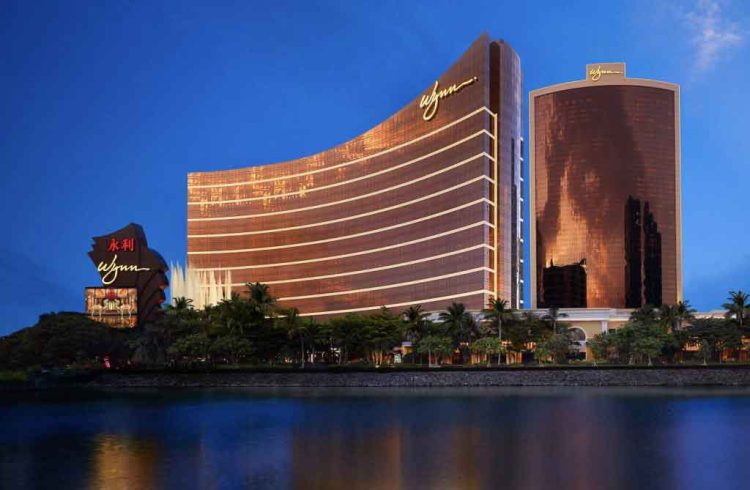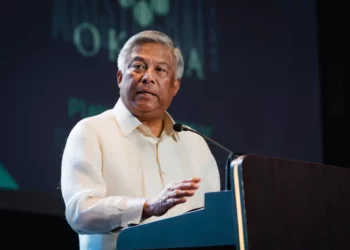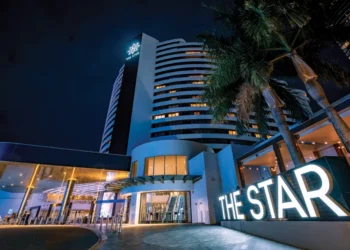Wynn Macau Ltd is “looking very closely” at its capital return policy but remains non-committal on exactly when it might reinstate dividend payments post-COVID, according to the company’s CEO Craig Billings.
The question of dividends and broader reinvestment plans was raised during parent company Wynn Resorts Ltd’s 4Q23 earnings call on Thursday morning (Asia time) after the Macau operations delivered Adjusted Property EBITDAR of US$297.0 million for the quarter, up 16.5% over Q3.
In response, Billings was reluctant to put a timeline on dividend repayments, noting that Wynn Macau was still focused on stabilizing its balance sheets – EBITDA leverage was still lingering around 7x at end-2023 – in the wake of the COVID-19 pandemic.
“We have a debt maturity later this year where we need to think about our leverage profile on Macau and what that longer-term leverage profile should,” Billings explained. “We have capital that we need to put in the ground. We also had nearly three years of closure and cash burn, so the question is what do we want the balance sheet to be, and how will the capex plans come together in terms of the timing of capital deployment, which we are studying and learning more about as we go through the design and development process every day?
“As for dividends, as you know dividends as a global statement are the cornerstone of our capital return stretch, so stay tuned. We are looking very closely at it and we’ll figure out in due course.”
On the issue of capital deployment, Wynn – which has committed to spending US$2.2 billion over the course of its current 10-year concession including US$2.05 billion on non-gaming – said it expects to spend anywhere between US$350 million and US$500 million between now and end-2025, pending negotiations with the Macau government.
However, pressed on macro-economic concerns around China spending patterns and how this could impact the company’s Macau operations, Billings expressed his belief that Macau gaming demand remains largely unrelated.
“You still have tremendous pent-up demand from several years of near-closure, and you have ease of proximity to Macau which actually benefits Macau when the economic situation isn’t as robust as it could be,” said Billings. “Clearly you have a litany of difficult economic indicators yet Macau continues to chug along.
“So, to us it’s really the long-term viability of Macau that’s most relevant and we’re clearly already at levels that allow us the financial and operating flexibility to plan for that longer-term time horizon.
“I think it’s well observed that Macau’s trajectory is decoupled from the broader China macro and that bodes well for the future.”



































